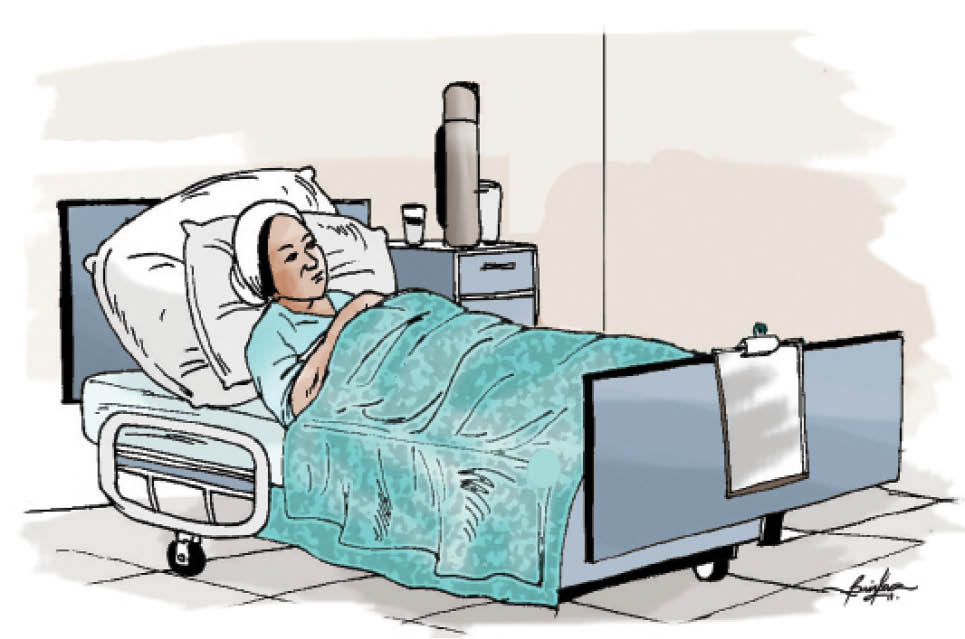UNFPA: Over 800,000 Nigerian women living with fistula
The United Nations Population Fund (UNFPA) says over 800,000 women are living with fistula, majority of them in the northern part of the country. Program Office UNFPA Adamawa, Dr. Danladi Idrissa, disclosed this during the graduation ceremony of 50 fistula survivors at the Women Development Centre, Adamawa, on Thursday. What to know about vesicovaginal fistula […]

How to prevent Vesicovaginal Fistula
The United Nations Population Fund (UNFPA) says over 800,000 women are living with fistula, majority of them in the northern part of the country.
Program Office UNFPA Adamawa, Dr. Danladi Idrissa, disclosed this during the graduation ceremony of 50 fistula survivors at the Women Development Centre, Adamawa, on Thursday.
- What to know about vesicovaginal fistula
- Shunned by loved ones, Nigeria’s fistula survivors find a lifeline after corrective surgery
Dr. Idrissa explained that UNFPA in conjunction with the Fistula Foundation and the Ministry of Women Affairs and Social Development conducted surgical repair of about 265 cases out of which 225 were healed.
He said the remaining 40 required a high level of surgical operation which cannot be conducted in the state due to a lack of high-class facilities.
He urged parents not to marry off young girls to protect them from having fistula during childbirth and prevent them from committing suicide.
“Women get fistula when the bladder ruptures during childbirth. It is prevalent in the northern part of the country because of child bride marriages, lack of antenatal care, and giving birth at home are the major causes of fistula”.
“These women have faced a terrible psychological trauma because most are neglected and livelihood becomes a challenge. When these women smell, they have problems in their marriages.”
Musa Isa, founder of Fistula Foundation Nigeria, said the fistula survivors have been given intensive 4months of training in tailoring, oil extraction, and petty trading adding that they were given empowerment kits to be self-reliant.
“We will do community follow-up to the gatekeepers of the community until they are fully integrated back into the society,” he stated.
The Commissioner for Women’s Affairs and Social Development, Hon. Lami Patrick appreciated the efforts of both the Fistula Foundation and UNFPA for the intervention and promised to find a way in assisting the remaining patients.
